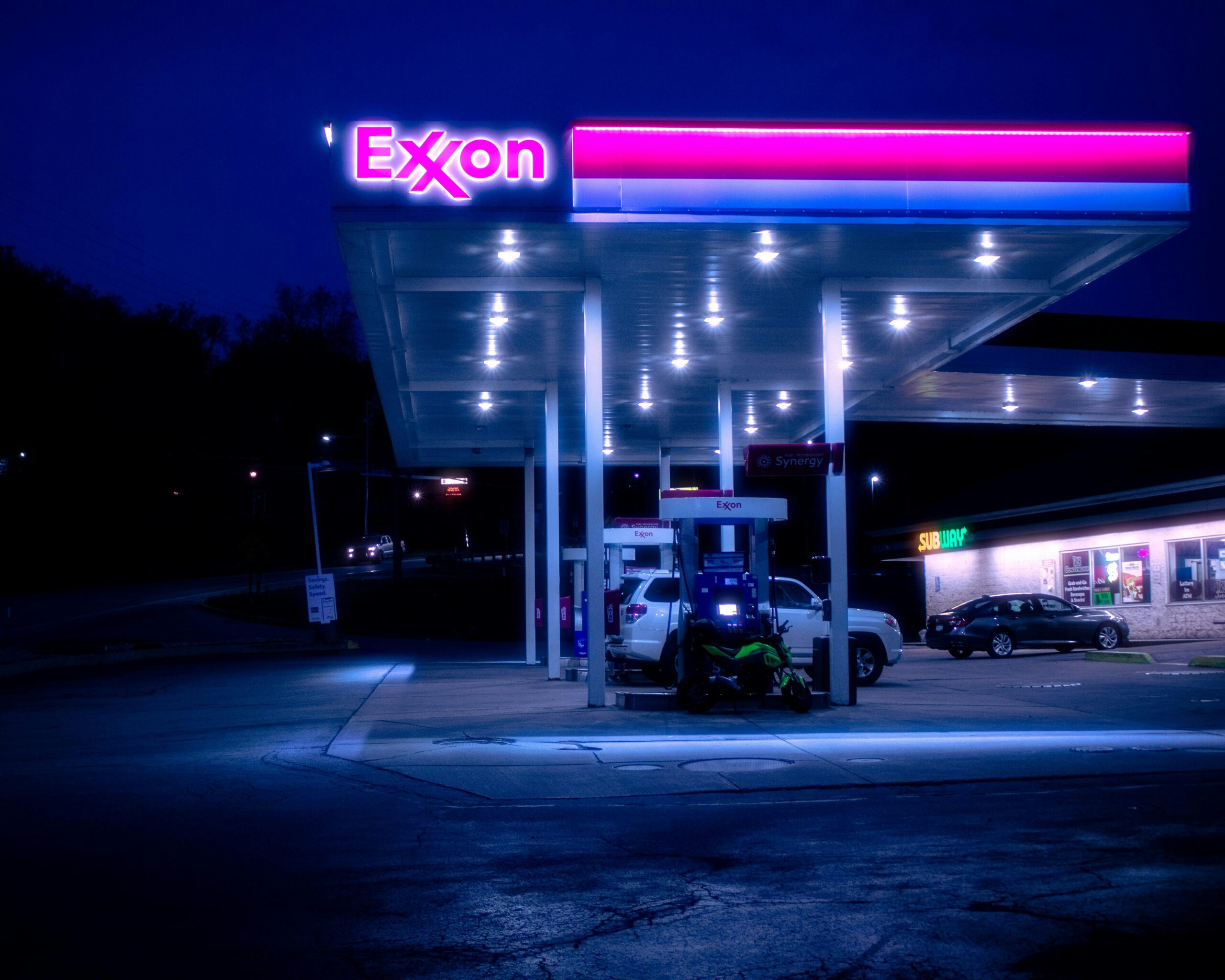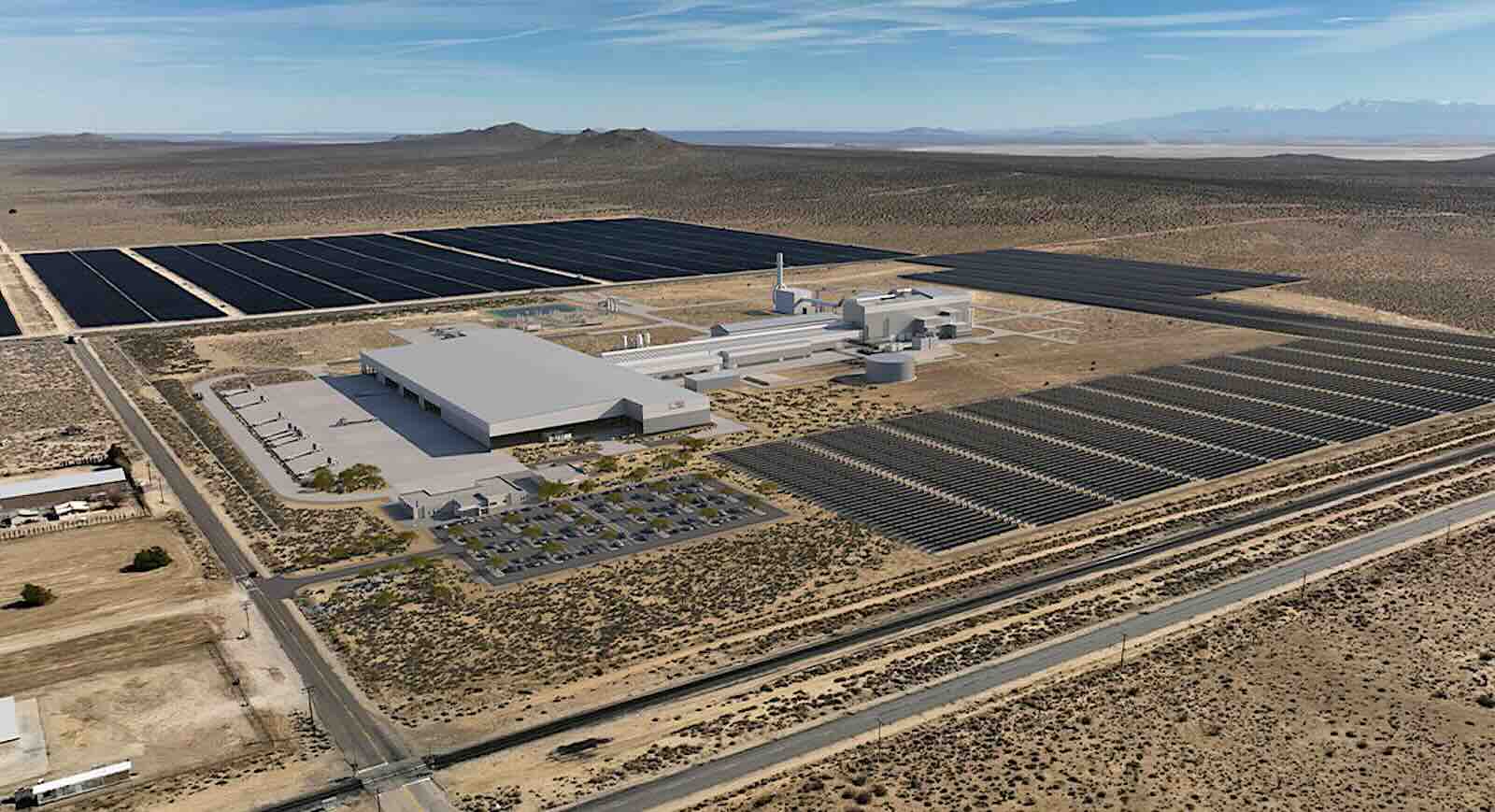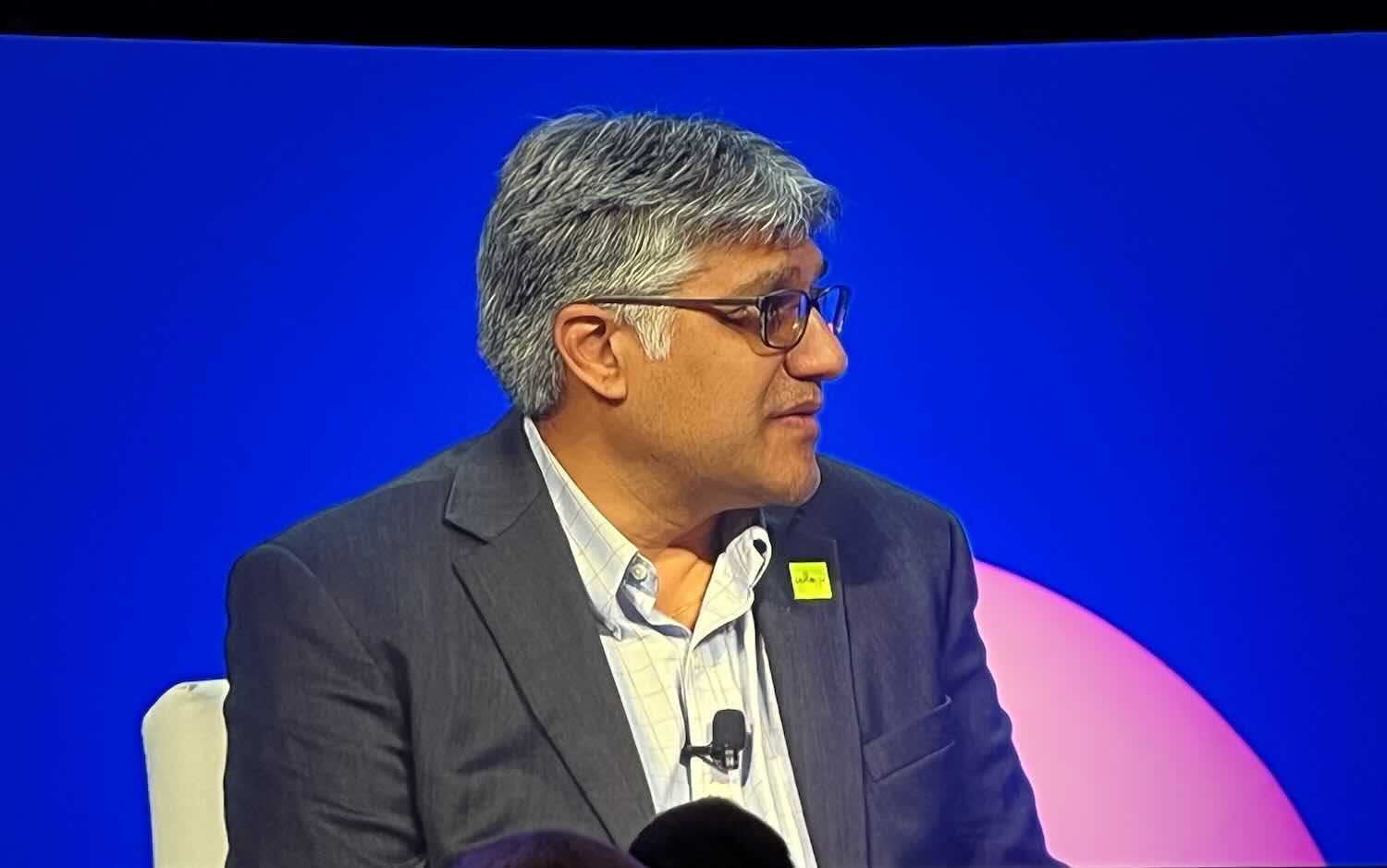Autonomous vehicles aren’t just for the streets of San Francisco or Shanghai. Monarch Tractor is a California startup that began producing fully electric, self-driving 4-wheel tractors in late 2022. The vehicles are designed to increase farmers’ productivity, efficiency and sustainability by eliminating the emissions associated with traditional, fossil fuel-powered tractors. Its MK-V e-tractors are made at the Foxconn-owned vehicle plant in Lordstown, Ohio, and sold directly to consumers.
Driver-optional, the e-tractors come with the startup’s proprietary WingspanAI app, a subscription-based control center for remote management of up to eight vehicles that provides real-time visibility into operations and analyzes field data from sensors and cameras. The e-tractors, which start at just under $89,000, can be used by vineyards, orchards, dairy and livestock farms, airports and municipalities. More than 400 units have been deployed in the US and Canada, offsetting more than 850 tonnes (936 tons) of CO2 emissions. Dubbed an “agricultural unicorn” by Forbes, Monarch topped the agriculture category in Fast Company‘s World’s Most Innovative Companies of 2024, but has struggled to manage its growth.
Belgian impact investor Astanor, which invests in early stage agritech innovations, and Taiwan-based HH-CTBC Partnership, co-led the $133 million Series C investment to further develop Monarch’s artificial intelligence and autonomous driving features and expand domestically, in Europe and Asia-Pacific. At One Ventures in San Francisco, Belgium’s PMV and TheWelvaartsfonds in Brussels participated in the round, bringing the startup’s total funding to more than $220 million. Monarch calls the round the largest ever in agricultural robotics history.
Boosting farm incomes
After reaching record highs in 2022, US farm incomes across commodities including dairy, poultry and soybeans are shrinking; net US farm income this year will plunge more than 25% due to lower prices for crops and livestock and higher production costs. Monarch believes AI and robotics could address pain points like overhead costs, farm labor shortages, worker safety, sustainability demands and data availability. Depending on how many e-tractors a farm uses, savings can run into six and seven figures a year, according to the company’s interactive calculator. The EPA estimates that agriculture accounted for 10.6% of U.S. greenhouse gas emissions in 2021. Electricity-related CO2 emissions made up 0.6% of the total, with the rest coming from nitrous oxide and methane in soil, manure and ruminant digestive processes.
Humans over machines
Monarch says its e-tractors don’t replace humans, but supplement them. “Driven by artificial intelligence and electrification, agriculture has arrived as the next frontier for the energy transition and sustainability movement,” said Monarch’s Praveen Penmetsa.
Investors eyeing what is estimated to be a $3.4 billion global market for e-tractors by 2030 appear to agree. In May, Mumbai- and New Delhi-based impact venture capital firm Omnivore, among other investors, backed India’s Niqo Robotics in its $13 million Series B for precision spraying of chemicals on farmland. In February, US vertical farming company Oishii Farm raised $134 million in a Series B round led by Japanese telecom NTT to strengthen operations including robotics and automation. US-based Iron OX, which combines robotics and AI to handle indoor farming operations, raised $53 million in a Series C round in 2021.












